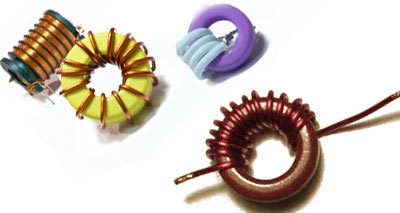When thinking about what cores will work best for a new transformer, it is essential to think of several key factors before deciding. Knowing your specific application will help you determine which core shape is ideal for your needs. Toroids and toroidal transformers are the best options for meeting exemplary standards necessary for adequate transformer performance. You can have faith our team will help with toroid core winding.
Magnetic permeability is the measurement of the core’s magnetic energy. As permeability gets higher, so does magnetic flux density. Higher flux density creates lower core losses, as well as fewer turns per volt. Gaps found in the assembly of cores will almost certainly adversely affect the transformer’s permeability in the assembled core. As resistance goes down, so will heating in the winding (it also offers better regulation).

Core materials determine the frequency of alternating currents that pass through them. Cores with high frequencies are typically used in switching power supplies and in operations over 1 MHz. They are also used for molded composite cores of ferrite.
Grain orientation helps to channel magnetic energy along parallel lines up through the grain structure. Silicon steel comes as both non-grain and grain oriented.
Eddy Currents can be a problem if engineers do not use silicon steel that is less electrically conductive. Using materials like this will concentrate magnetic energy by significantly reducing eddy currents. Eddy currents also create audible mechanical noise.
Toroid Core Winding
Gaps create problems that cannot be considered ideal for a transformer. Any gaps found in the magnetic circuit of the core means that energy is now traveling through the air. Air has a lower permeability as opposed to the gapless core.
Toroid
- Relying on Toroid and Toroidal Transformers
One of the most fundamental pieces of electronic equipment is a transformer, which also has applications throughout the entire electronics industry. In short, a transformer steps up or steps down voltage.
- Opting for a Toroids and Toroidal Transformer
- Advantages of Transformer Winding
- Toroids and Toroidal Transformers

